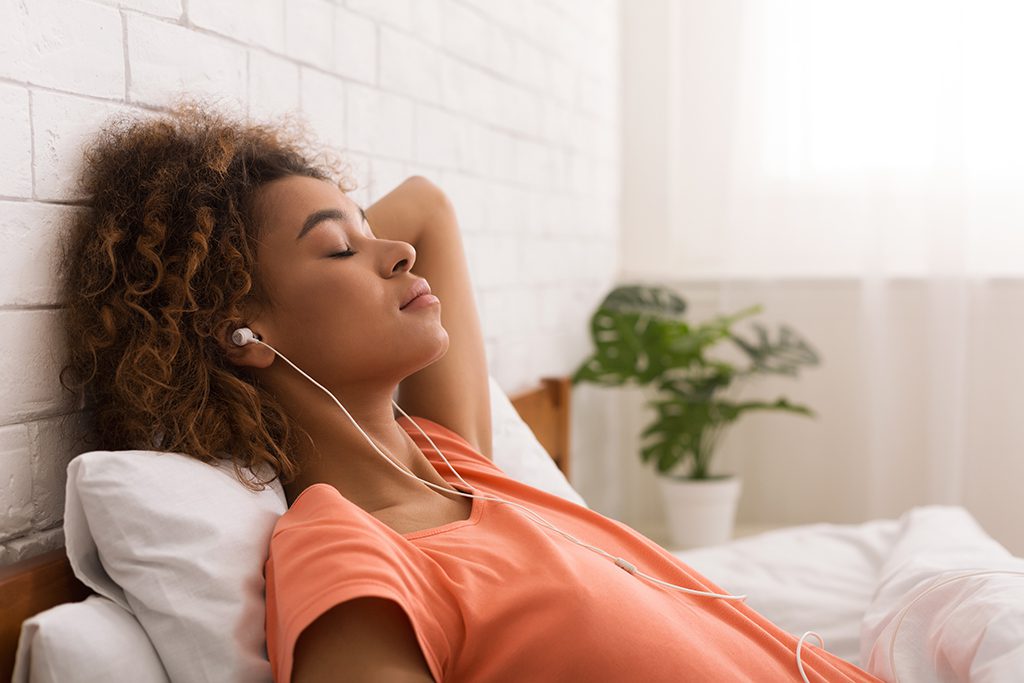Hyatt's Partnership With Headspace Elevates Wellness Strategy

Skift Take
Hyatt Hotels is teaming up with meditation and wellness company Headspace to help its guests and employees lead healthier lives while traveling and working. Is this the way to gain their hearts and minds?
Hyatt Hotels has partnered with meditation company Headspace to offer wellness programming and exercises to guests and employees at all its properties around the world.
The collaboration will begin in the coming months at all Hyatt-branded hotels. The Chicago-based company has more than 875 properties in about 60 countries.
This is part of Hyatt’s on-going wellness initiative designed to improve how guests and employees “feel, fuel and function.”
Hyatt also in 2017 acquired the wellness Miraval and Exhale brands to join its more than 220 spa and health-focused locations.
The new Headspace partnership will giv
